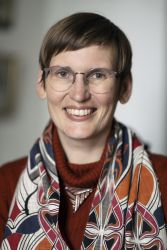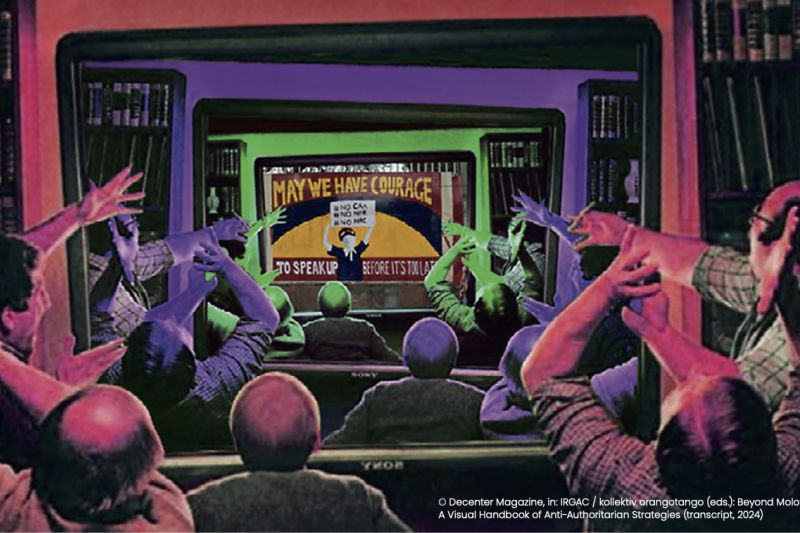In the 21st century, we are witnessing a global resurgence of fascist tendencies. Liberal democracies, politically polarized and shattered by neoliberalism, are in many places veering toward authoritarian self-defense. Right-wing movements affirm destruction in new ways by invoking “freedom” as their central tenet. They have perfected a style of politics that aims to defend against phantasmal deprivation. Actual material losses—whether caused by markets, austerity policies, or environmental disasters—are naturalized as “higher power.” From gender norms to agricultural diesel, from ethnic homogeneity to heating systems, right-wing politics reconfigures social issues as spheres of individual property rights for privileged groups. Where enemy images are stylized as attackers of these spheres and threatened with elimination, right-wing populism turns into fascist mobilization.
Linking the concept of fascism to liberal and capitalist dynamics in this way also opens up the prospect of emancipation. The realization of full ecological and social freedom beyond the fiction of individualistic ownership would have to put an end to the perpetuation of phantom ownership.

Eva von Redecker is a philosopher and author. She has worked as a researcher at Humboldt University in Berlin, the University of Verona, and the New School for Social Research in New York. She is currently working on a theory of neo-fascism. In her most recent publications, Revolution für das Leben (2020) and Bleibefreiheit (2023), both published by Fischer Verlag, she examines capitalism, authoritarianism, and climate change and develops a realistic philosophy of the new protest movements. She writes regularly for newspapers and magazines, including Die ZEIT, The Guardian, and Das Philosophiemagazin, and hosts the discussion series “Maschinenraum der Zukunft” at the Deutsches Schauspielhaus Hamburg.
The CGC strives to make its events as accessible as possible. If you require assistance to participate in our event, please let us know your support needs by December 18, 2025, by emailing cgcentrum@soz.uni-frankfurt.de. We will then endeavor to reduce any barriers within the scope of our possibilities.

